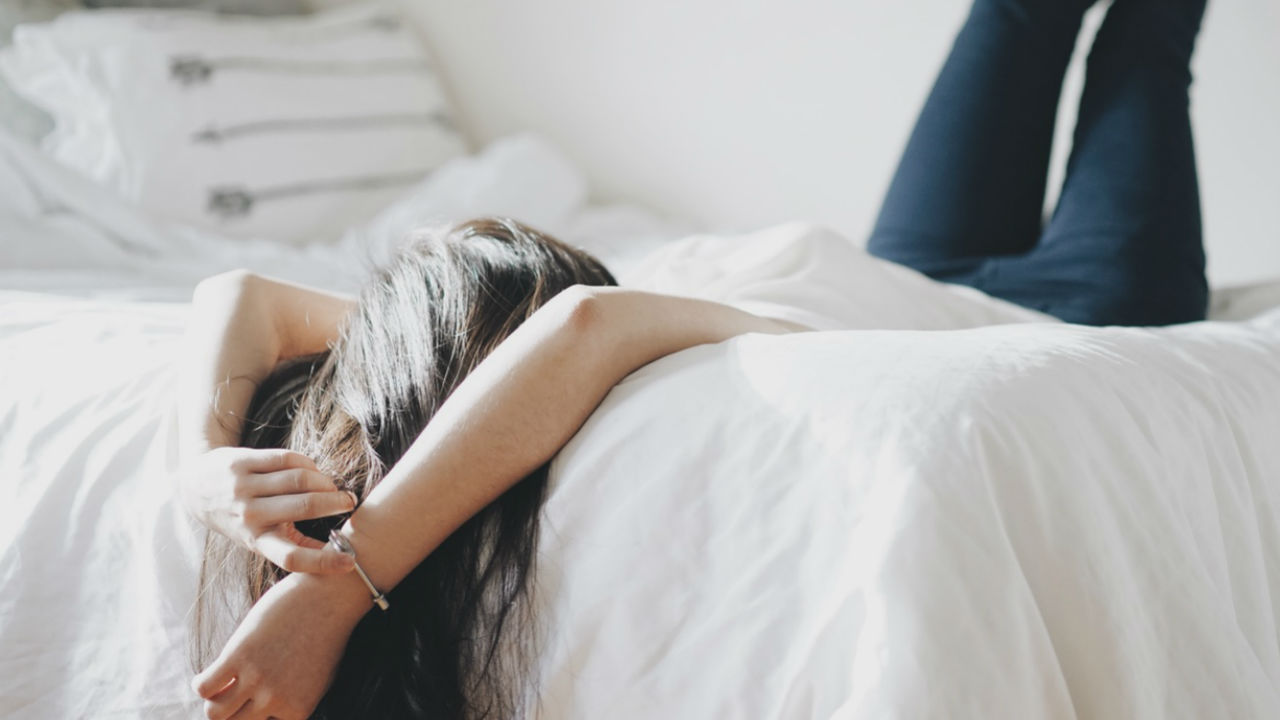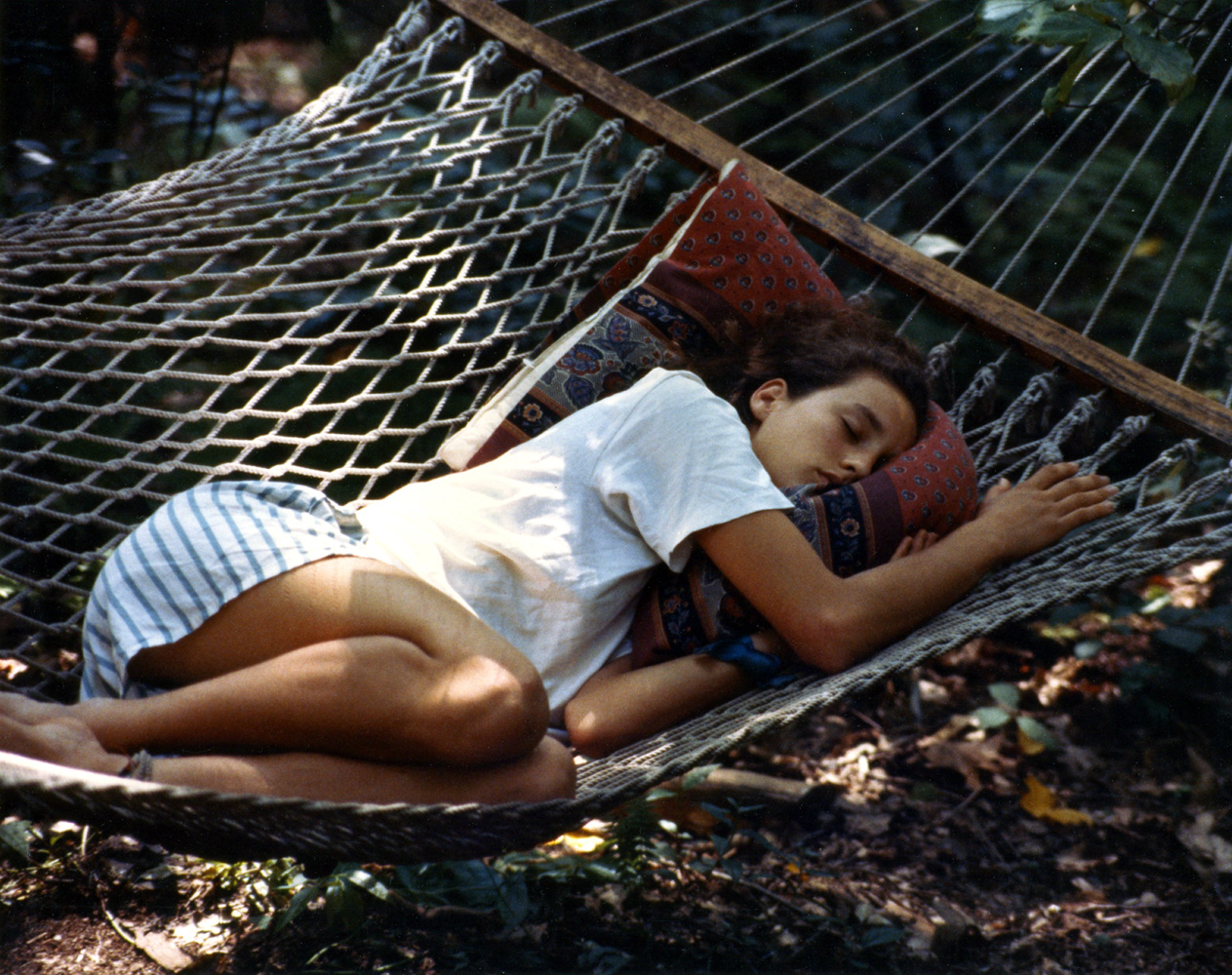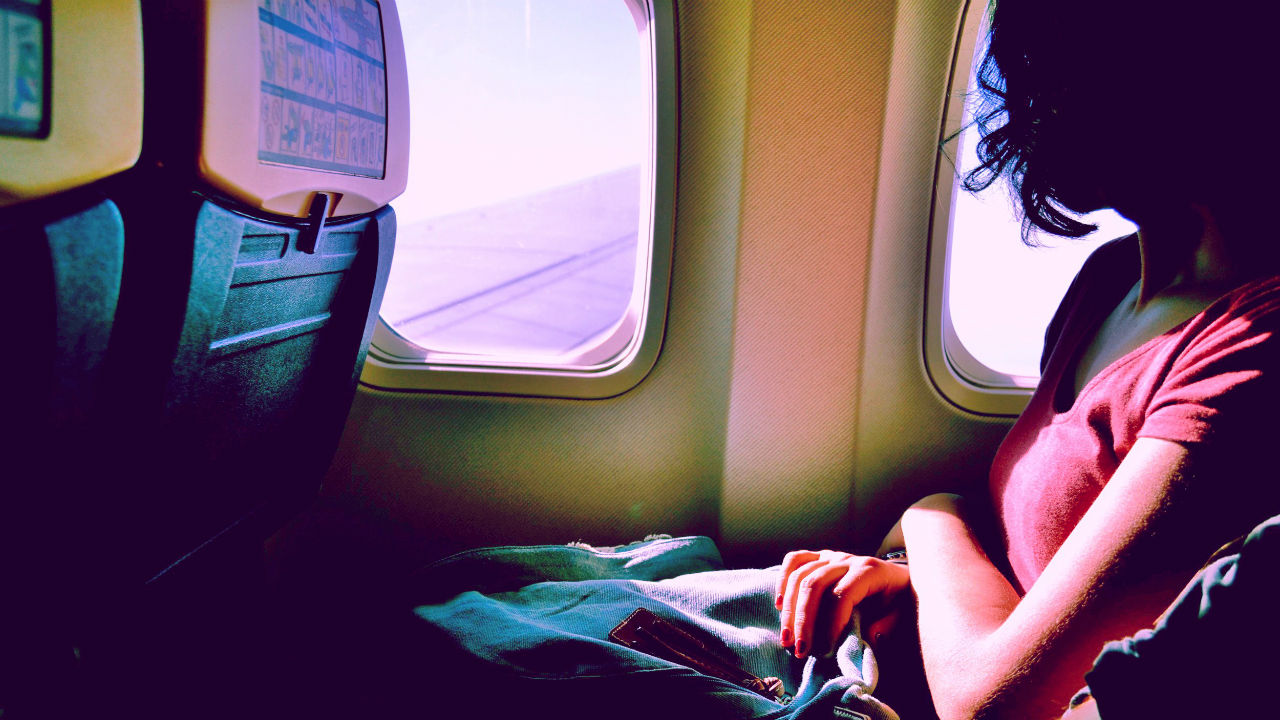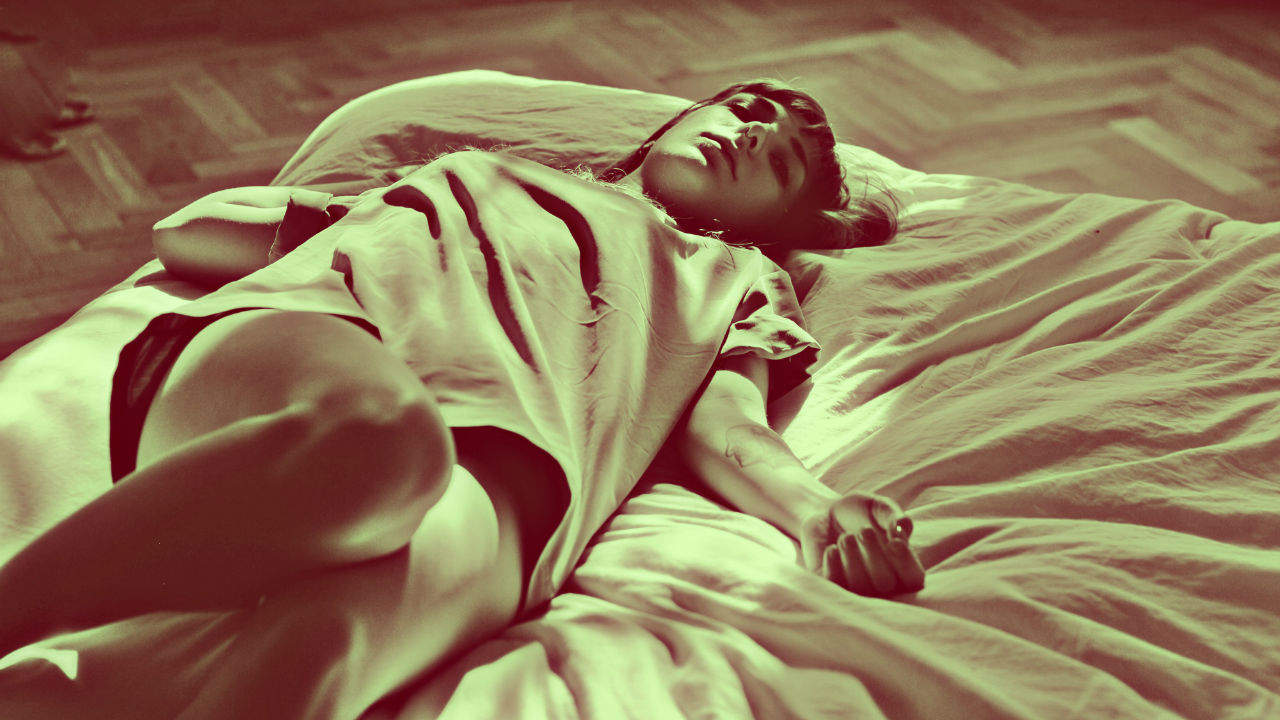Now that I’ve told you about my on-going battle with sleeplessness and insomnia, and the issues I had with taking Ambien, I’d like to talk about some of the things that I have tried, or am currently trying, to help me get a better night’s rest.
I don’t want it to ever seem like I’m only talking about what didn’t work—I also want to follow up as much as possible with solutions to the problems that I’ve experienced.
I’ve done a lot of research on the topic of sleeplessness, and ways to treat it. Some of the theories definitely apply to me, so I’m giving them a try and I will tell you about how they go. Other ideas might not relate to my situation, but I will still tell you what I’ve found, because I want to get as much information out there as possible about this condition. Believe me, I’m always on the hunt to find something that will help both me and other women who toss and turn for most of the night.
For example, I just read about a study of about 70 people that was conducted by researchers from Wayne State University in Indiana and the Karolinska Institute in Sweden that found that talking on your cell phone before bedtime may disrupt your sleep.
What the researchers found is that radiation from our cell phones can cause insomnia, headaches, and confusion, and may reduce the amount of deep sleep, which in turn affects the body’s ability to refresh itself.
Talk about seeing yourself in what you’re reading—I talk on my cell phone all of the time, and I even keep it on my nightstand. But not anymore! I’ll update you in a future blog on whether going cold turkey with my nighttime cell phone use helps me sleep better.
Another thing that I found to be very interesting while doing research on insomnia and sleeplessness is that it appears to be linked to sleep apnea. So if you are sleep deprived and not sleeping well, I think it’s worth going to a sleep clinic to be tested. If you do have sleep apnea, it can be treated with a couple of different devices—including a new type of oral appliance that may be just as effective as the bulkier and more traditional CPAP machine.
I’ve also read a lot about sleeplessness and exercise. I’m a dancer and I love to move around and stay active, and it made sense to me that if I could literally wear myself out, I might be able to sleep better. So imagine my disappointment after spending an evening working out, only to have even more trouble staying asleep.
I did some research, and soon discovered that my timing was all off. No, not my dance moves, but the literal timing of my exercise. Daytime exercise may be helpful for nighttime sleeplessness, but if you boogie all night long, you’ll probably also count sheep all night long too.
While you might already know that coffee, tea and other drinks with caffeine in them can keep you awake at night, did you know that wine can do the same thing? I always thought that since a nice glass of wine made me feel relaxed and sort of sleepy, that it could help me get some rest. But research shows that alcohol will actually stimulate your system and interfere with your sleep patterns.
Also, as anyone with sleep issues knows, insomnia can also have a psychological angle to it. One thing that often happens to me is that when my body’s internal alarm clock goes off around 2 a.m. and I wake up, I start to think. I think about my morning meeting that’s coming up in about 8 hours, and then I think about the business trip I have next week, and if my dry cleaning will be back in time, and then I think about my co-worker who I really need to call, and before you know it, I’ve thought myself wide awake with a long list of personal “honey do’s.” But of course, if I don’t get any more sleep, it will be hard to do any of them!
To help my racing mind, I’ve started putting a pen and pad of paper next to my bed. So when I wake up at 2 and start thinking about work, I just lean over, and jot down what’s on my mind. It really does help keep the stress at bay, and sometimes I can even fall back asleep for a few more hours.
Finally, I want to tell you about a product that I’m going to be trying in the very near future—I just need to order it and then give it a whirl for a few weeks to see what happens, and then I’ll update everyone on the blog. It is a set of glasses that block blue light. I know, it sounds like I’ll be looking like I just showed up from Mars or something, but the research behind these makes sense.
Basically, we all need melatonin in order to sleep. But the artificial light that many of us work under all day emits a lot of blue light rays, and these apparently suppress our bodies’ ability to make melatonin.
So these glasses that I’m going to try, which are available at www.lowbluelights.com block the blue light rays, which should in turn allow my body to make more of the melatonin I need for a good night’s sleep. I’ll only need to wear them for a couple of hours before going to bed, and hopefully I’ll start sleeping better within just a few days. Like I said, I’ll give you a full update at a later date.
Until then, I really want to know what has worked for you and your insomnia. Have you tried herbal remedies? Relaxing music? Funky glasses that block blue light? I really think we can all learn from each other and I’d love to hear what worked, or what didn’t work, for you.



